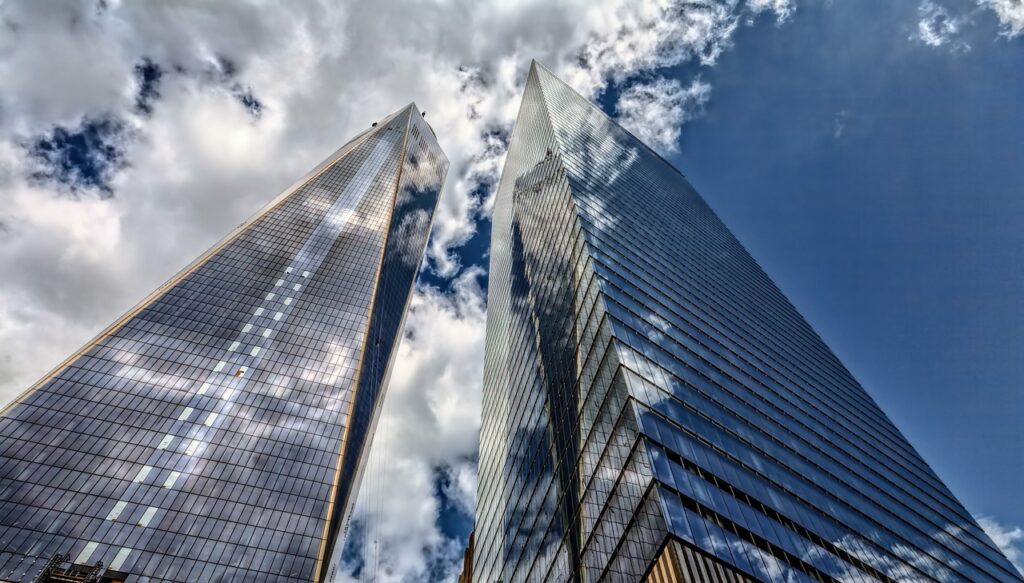Even houses to office buildings, stores to consumer electronics, glass is a unique material which encounter in all of our life. Adhetron’s UV visible light adhesives and structural adhesives made the manufacturers life easier. You can find an intelligent Adhetron solution everywhere in your life.
- Glass furnitures
- Showers
- Fumehoods
- Store displays
and so on…

Glass Industry
The glass industry has a long and storied history, with the first known use of glass dating back to ancient civilizations in Egypt and Mesopotamia. Today, glass is an essential material in a wide range of industries, including construction, automotive, electronics, and packaging. In 2021, the glass industry continues to evolve and adapt to changing market demand and technological advancements.
One of the major trends in the glass industry in 2021 is the increasing demand for energy-efficient glass. As concerns about climate change and energy consumption continue to rise, there is a growing demand for building materials that can reduce energy consumption and improve insulation. Glass manufacturers are responding to this trend by developing high-performance, energy-efficient glass products, such as low-emissivity (low-e) coatings and insulated glass units (IGUs). These products are designed to improve the thermal performance of windows and doors, reducing the amount of heat loss in the winter and heat gain in the summer.
Another trend in the glass industry in 2021 is the growing use of smart glass. Smart glass is a type of glass that can change its properties, such as transparency and reflectivity, in response to external stimuli, such as temperature or electrical current. Smart glass is becoming increasingly popular in commercial and residential buildings as a way to control light and privacy, as well as reduce energy consumption.
In addition to energy-efficient and smart glass, there is also a trend towards the use of specialized glass products in specific industries. For example, the automotive industry is increasingly using laminated glass, which is made by bonding two or more layers of glass together with a layer of plastic. Laminated glass is stronger and more shatter-resistant than traditional glass, making it ideal for use in car windows and windshields. The healthcare industry is also seeing an increase in the use of tempered glass, which is treated with heat to make it stronger and more resistant to breaking. Tempered glass is often used in hospital and laboratory environments where safety is a concern.
One of the challenges facing the glass industry in 2021 is the need to reduce its environmental impact. Glass production can be energy-intensive and produce greenhouse gas emissions, so there is a push to develop more sustainable manufacturing processes and materials. Some glass manufacturers are turning to recycled glass as a way to reduce the environmental impact of their products. Recycled glass can be used to make a wide range of products, including glass containers, insulation, and abrasives.
Overall, the glass industry is facing a number of challenges and opportunities in 2021. As demand for energy-efficient and specialized glass products continues to grow, glass manufacturers will need to adapt and innovate to meet the changing needs of the market. At the same time, there is a need to reduce the environmental impact of glass production, which will require the development of more sustainable manufacturing processes and materials. Despite these challenges, the glass industry remains a vital and vital part of our modern world, and it will continue to play a key role in many different industries for years to come.

